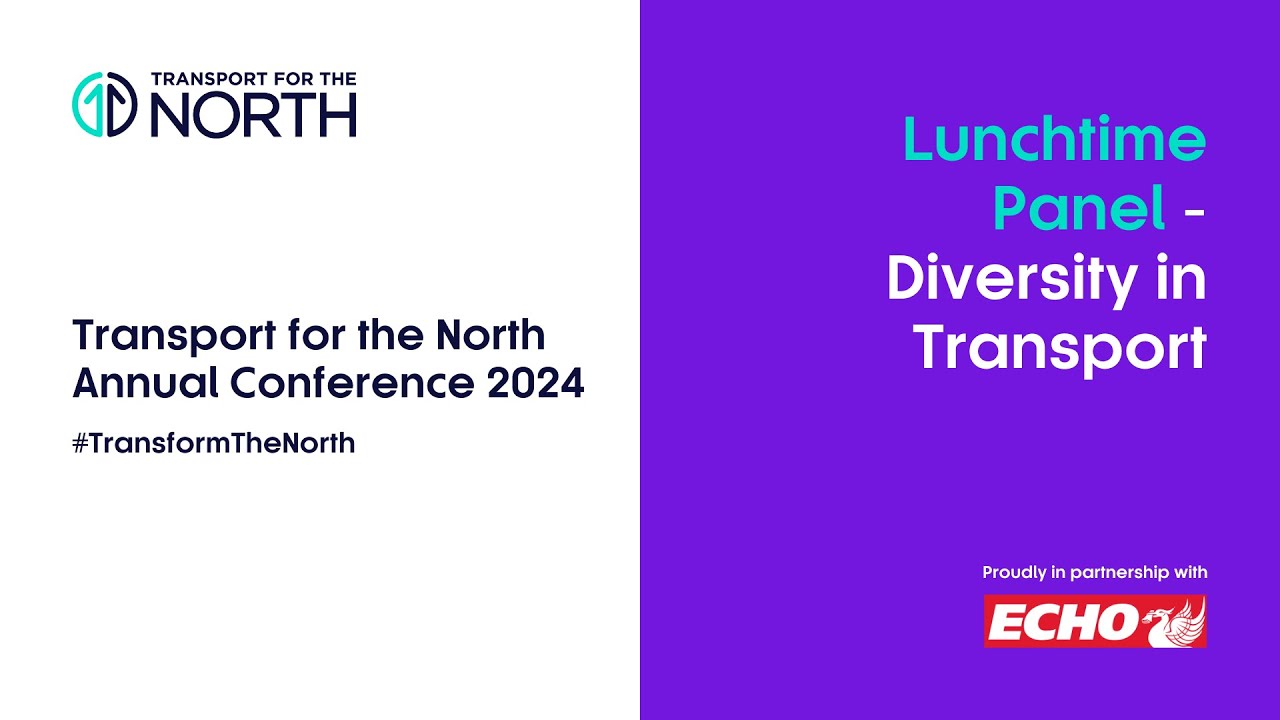


Today, I travelled with my companion to Manchester to speak to the Senegalese Association of Manchester at an event about education and careers.
First on the agenda was a talk from colleagues at the Gift Project, an outreach project launched by the Islamic Societies of The University of Manchester and Manchester Metropolitan University. They spoke about the UK education system.
Next up, I shared some of my lived experience with the community, reflecting on points of difference and how life can be a challenge. I shared something of my work as Chair of Northern’s Accessibility User Group (NAUG). In keeping with the earlier presentation, and mindful of the city I was in, I made sure to mention apprenticeships in the railway industryand Northern’s role as a major regional employer. But I went further, because I think the role of accessibility user groups is about more than disability access. We need to make an inclusive railway, and people need to feel safe on the railways whatever their characteristics. I hope my new friends from the Senegalese community will think about Northern Rail and the rest of the railways as an inclusive mode of transport (and a possible place to work).
I also shared some of my life’s journey from an aspiration of career in law to entrepreneurship to success and failure. The importance of ‘trying new things’ and ‘asking for help’ were a big part of my story as I added counselling psychology, psychotherapy and coaching to my portfolio career.
A lot of people were there because their parents told them to come, and I applaud that honesty! But I enjoyed doing three mini co-thinking (coaching) sessions on stage with members of the community.
Their goal was to engage the community. Using the GROW model and a SWOT analysis, we explored the ways he could do that. What came across to me was a strong desire to find ways to engage the community, and an urge to make sure the next generation feels part of that community. We brainstormed some ways to make that happen.
At the end of the session, I was really pleased to hear another community member asking the audience what kind of events they would like to see. Hopefully the next event will be imbued with the same energy he shared with me as he told me ‘all Senegalese like a party’.
She came to the stage to ask the question: ‘when will good things happen?’. We used socratic questioning and a person-centred coaching approach to understand: what did that mean to her?
She shared that she aspires to do community work and wants to travel, but feels held back by her age. Ok, what are her goals right now, how can we make that happen?
Through more questioning: we discover that she would like to make a career in football. Perhaps inspired by the recent success of the Lionesses, she has returned to women’s football. She plays plays in defence but wants to move to the wing. (I don’t really understand football but subject domain expertise is not necessary for effective coaching!?
The obstacle in her way? Her upcoming exams.
We did some breathing exercises, stress management activities and coping strategies.
Our session ended with a round of applause as she stated her confidence and commitment to her goal to do well at both.
He came to the stage and shared his wish to launch a new business. Like many of us, he shared he had tried crypto and it hadn’t worked out, but no problem he’s trying again.
Through coaching questions we found a ‘core value’ of his was to be able to help his family and community, support them financially, and be respected for it.
He explained that he had a couple of business ideas written out and planned but didn’t feel able to move forward without capital. He didn’t feel able to promote the business in case someone took his idea. With my (purple) mentoring hat on, I was able to share about my experience of getting things wrong in business, and suggest the importance of asking for help.
We set a goal of identifying some trusted people he could share his ideas with, and encouraged him to listen to his body to understand how he might feel about the advice he received.
As the event concluded, I reminded everyone that they are part of the community and that is a powerful asset. They shared with me their pan-African approach. I hope to do more coaching work with clients from Senegal and the Senegalese community as a whole.

When I chair meetings, I like to begin with a code of values. I can think of so many times in the past where I got these things wrong, and as a result made bad decisions. However, from that learning I have drawn together five principles that underline the way I like to work. They are captured by the acronym ROCCK, pronounced “rock”. N.B. I am planning to write this up in a formal way, but here is a brief summary of my ROCCK approach to meetings.
It is important to treat everyone in the room with respect, and to acknowledge that we all come from different backgrounds and bring different lived experience and/or professional experience to the table. Even in the context of holding an organisation to account, it is important to avoid an “us and them” approach. Rather it is important to create a sense of mutuality, and to acknowledge and appreciate the different perspectives in the room.
There is nothing to be gained from a lack of transparency, or from a sense of needing to hide things in a meeting (or in any other setting). However we are only able to bring our whole self to the room and to share openly if we feel safe to do so, and if we feel we will be treated with respect for doing so. Everyone in the room should be open: no hidden agendas, no attempts to hide mistakes.
Curiosity is a powerful tool, and rather than sitting with our own assumptions it is helpful to be curious about everything that happens in the room. Even if the content of a presentation seems familiar, we have an opportunity to be curious and interested and to notice new things in the material. If someone introduces something new that challenges us, curiousity is a powerful tool to help us overcome that challenge. It helps us learn more rather than shutting down or rejecting an idea. This encourages openness and allows us to be more accepting and inclusive of other perspectives.
Compassion is a hugely important value, and one that we should learn to apply to ourselves and others. Sometimes we might entirely disagree with someone, sometimes there may have a been critical failure in an organisation, and some times people may have experienced challenging situations. In these contexts and many more, being curious about the reality of others’ lived experience and meeting it with compassion rather than negativity will result in a more productive meeting, and a safer space.
Knowledge is something we all have. We are lived experience experts and we should seek to share our knowkedge and learn from others in room. Acknowledging different perspectives and meeting them with compassion rather than conflict strengthens the combined knowledge and learning of the group.
I find the over arching image and metaphor of a rock is also helpful. For example, in stakeholder meetings the rock represents: a strong base from which to support, challenge and build for the future.

I have worked as an activist in the field of disability travel / accessible travel for many years, and recently I have been grateful for the opportunity to take more of a leadership role in the field, having been appointed by Northern Rail to the role of Chair of Northern’s Accessibility User Group (NAUG). In addition to working with Northern in this role; I also chair the Rail Accessibility and Inclusion Forum for the North (RAIFN). RAIFN brings together all of the train operating companies (ToCs) that connect people and places to, from and within the north. In both roles, I am able to bring my whole self to the table: holding space for difficult conversations and facilitating dialogue between the rail industry and a diverse range of stakeholders.
My own relationship with travel is complicated. When I was younger I was more independent, but in recent years I have become increasing reliant on other people. I no longer travel independently, and always travel with a carer companion (I prefer “companion” to the word “carer”, partly because it gives me mysterious Doctor Who vibes, and partly because I not always as comfortable sitting with my vulnerability and dependence on others as I make out.)
All aspects of my disability profile are relevant to the conversation– physical disability, neurodiversity, mental illness/mental ill-health and financial trauma - as are all aspects of my wider training and lived experience. Sometimes I am lawyer at the table, sometimes I am a psychologist, some times I am a coach, and some times I am a poet. At all times, I am bringing my entire lens of lived experience in to the room.
I was fortunate to have the opportunity to speak at Transport for the North’s annual conference in 2024 (on a lunch time panel). You might find it interesting to watch/listen to the panel, to get an understanding of my broad approach to inclusion.


